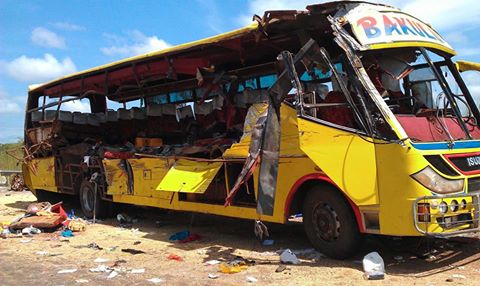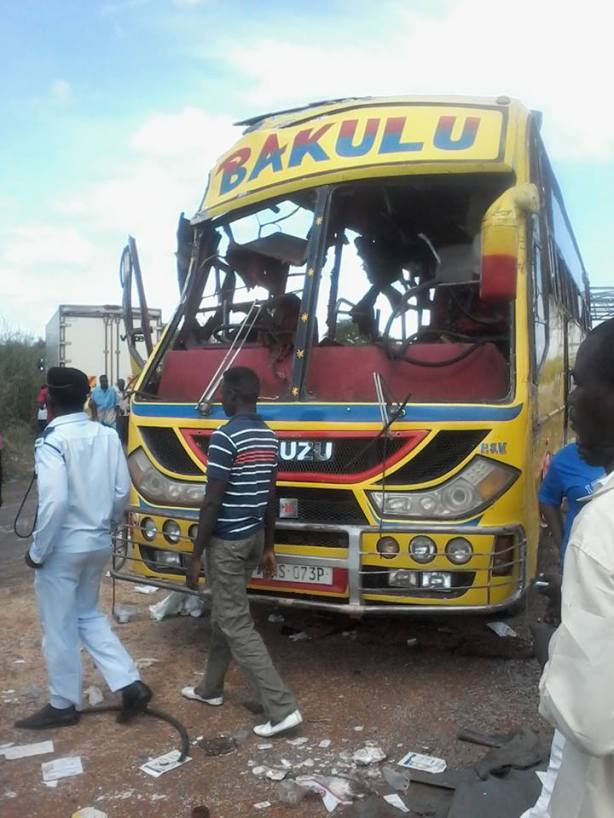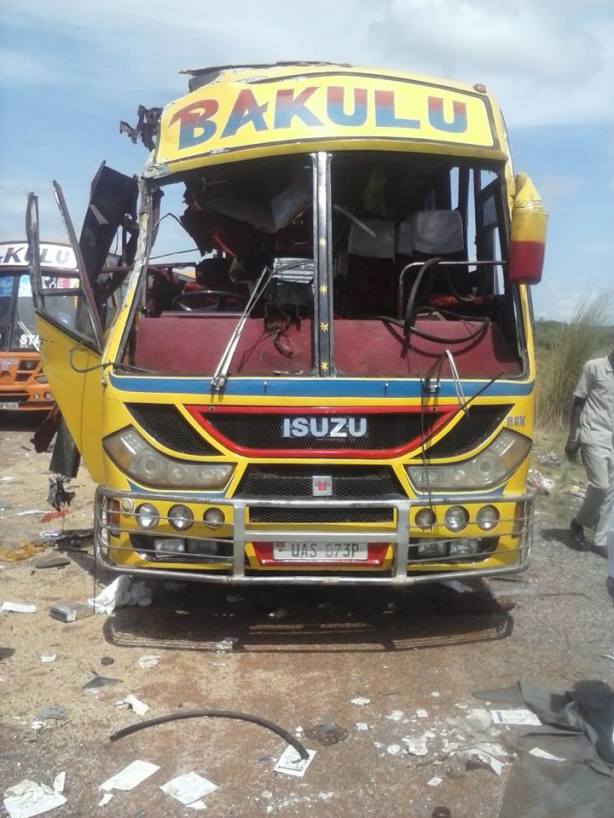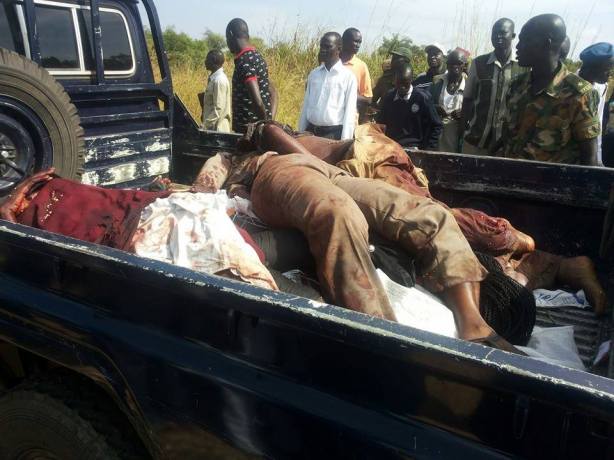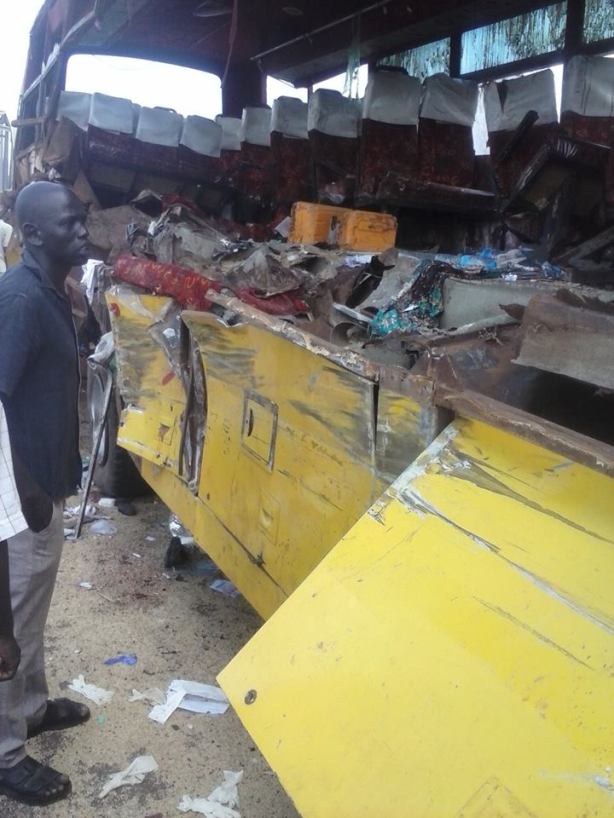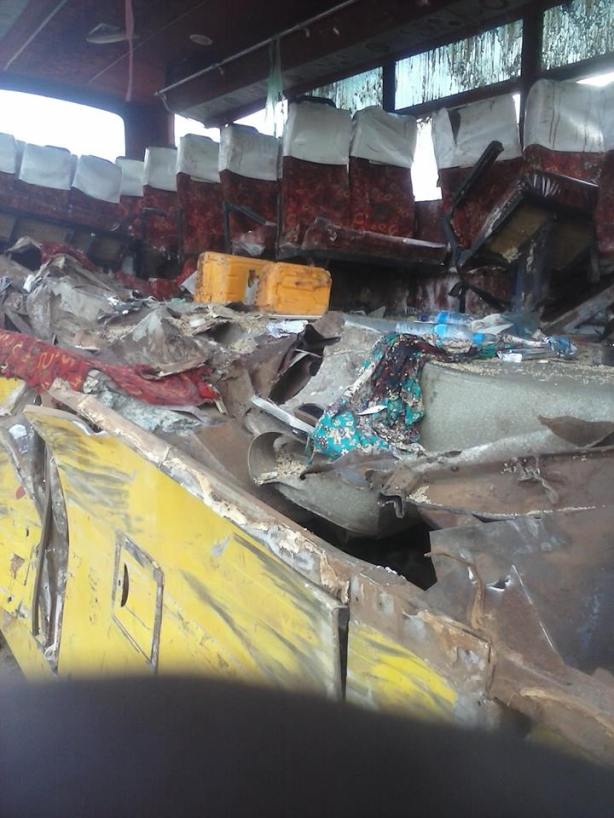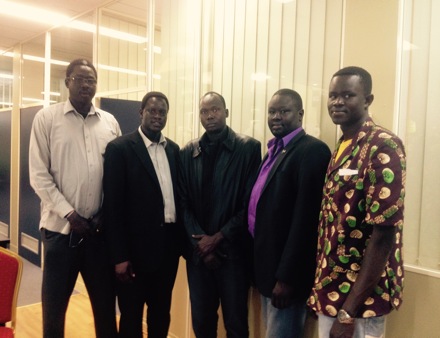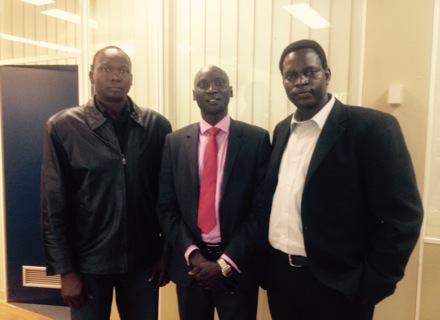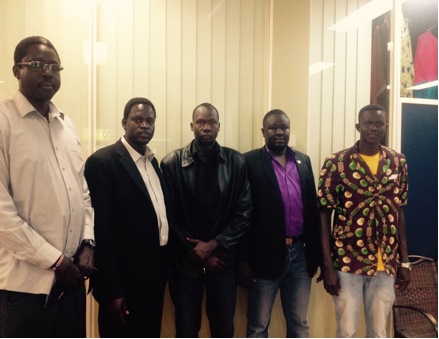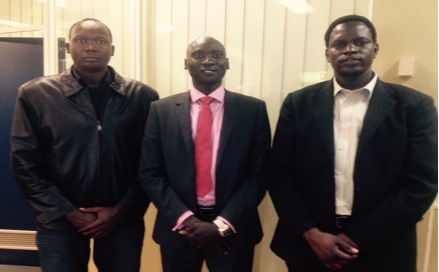By Garang Atem Ayiik
- Introduction
John Perkins in his book, ‘Confession of Economic Hit Man’, explained how he and his colleagues designed economic assistance programs in Saudi that will make huge in-flows of petrodollars to United States; and make Saudi more intertwined to United State economy.
The objectives according to Perkins was to make US benefits from Saudi natural resources; and inhibits Saudi from implementing punitive economic policies against the United States as she did in 1970s during Yom Kippur war. John illustrated how Countries around world were made vulnerable to be submissive to United States.
The programs in Saudi took forms of capital intensive programs with long term contracts management and maintenance provisions to keep United States in business in Saudi. The programs according to John were intended to ensure United States milk Saudi to Sun set economically.
Though the above scenario has different connotation, its applicability to South Sudan is precise. South Sudan got her independent in July 2011. She formed a government on a background of emptiness in term of infrastructure, social services, institutions and human capital.
This circumstance provides an opportunity for wrong policy prescription in forms of assistance programs design to disadvantage South Sudan economy.
- Economic Vulnerabilities
This article, explore possible scenarios economic agents with interest in South Sudan can design economic assistance programs with an intention to milk South Sudan till Sun set; identify South Sudan economic vulnerability to monitor and propose policy recommendations.
A two decade war eroded South Sudan social services, institutions, human capital and work attitude. As result of these gaps, immediately after Comprehensive Peace Agreement, well wishers and self seekers ran into South Sudan by air, land and rivers.
Ten years later, an arm of experts, advisors and businessmen are rooted in South Sudan. The legitimate concern is why experts, advisors and businessmen haven’t passed on their expertise and altitude towards the local people and institutions?
The failure of capacity building in South Sudan can be explained by two reasons; tactical behaviors by consultants not to pass capacity to locals so as to retain their jobs; and tactical behavior by public employees not to employ capable locals to reduce knowledge pressure underneath them.
I am not a believer of lack of capacity but capacity mismatch. The above scenario, have serious economic implications.
First, South Sudan will be indebted to capacity building; second, local resources will be repatriated out in forms of salaries and profits putting pressure on South Sudan pound; third, lack of employment will increase, increasing social problems and these are typical problems of economic hit men – economic vulnerability.
Any public officer or institution that benefited in forms of economic assistance for more than two years, thereafter has no capacity is guilty of the above explained selfish behaviors. You must have met those consultants whose soul almost fades when their contracts expired.
Rwanda and Singapore demonstrated that countries that have confidence in their young people; place them central to economic policy; and encourage local content and solutions make long economic strides then those that depend on outsiders-reduction of economic hit man influence.
After all, John Perkins explained that consultants and international institutions are first for themselves and their masters. So why do policy makers place these actors central to South Sudan economic needs?
In 2012, pissed off by behavior of Sudan, South Sudan halted oil flow through Sudan. Though this was a onetime decision, its lessons live on. Whether oil flows through Sudan, Kenya or Djibouti, it is possible that economic interests and geo-economic dynamics can halt oil flow. This is an area vulnerable to economic hit men.
An economy that runs on one resource is like a driver on long road without spare parts. The uproar caused in Uganda, Kenya and around the world by recent circular by Ministry of Labor in regulating foreign nationals’ jobs in South Sudan points to possible economic and diplomatic war in case interests clash.
It is a clear manifestation of how those who come to help live to protect their interest. South Sudan needs to reduce economic vulnerability by develop good road networks with all its neighbors for possible road transport in case the existing pipeline(s) is compromised; develop local oil refinery for local consumption and possible exports – road networks link to existing refinery plan; diversify productive sectors from oil.
Lack of pipeline, refinery and huge depend on imports through Kenya subject South Sudan to possibility of bullying, arm twisting and name calling with little alternative and economic breathing space.
Perkins explained how international financial institutions and consultants suffocated nations with natural resources for economic vulnerability. This is done through huge loans for submissiveness, geo-economic and politic. South Sudan needs strong institutions on public loan so that she is not suffocated.
In 1970s, Malaysia used to sent her employees to Kenya Institute of Management for training in Kenya, above fifty years later, Malaysia has enjoyed economic growth as Kenya continue to swim in poverty and underdevelopment.
South Sudan needs to conceptualize her economic path like Malaysia. In a world build on capitalism; in a world where consultants and international partners have different interests as explained by John Perkins in his book; in a world where Kenyans demonstrated against Chinese working on Thika road and condemn South Sudan for acting in her interest in the same circumstance, South Sudan is better off in the hands of her Citizens.
- Conclusion and Recommendations
South Sudan interests are better in hands of South Sudan. The government needs to integrate this into migration, labor policy and education financing. Do we need a circular when a permit and visa can do the job silently? If South Sudan doesn’t have capacity, why don’t South Sudan takes money to Universities where capacities are made!
John Perkins demonstrated that countries with natural resources are more vulnerable to world geo-economic and political dynamics. South Sudan needs to place its people, business and capacity central to economic expansion and policies to address economic vulnerabilities.
There are lessons from countries like Rwanda, Malaysia and Singapore that South Sudan can learn. Whether to be like Kenya or Malaysia, South Sudan has herself to choose. Central is the manner and capacity to make economically conscious decisions.
Garang Atem Ayiik is an independent South Sudan economic policy commentator base in South Sudan. He can be reached at garangatemayiik@gmail.com




